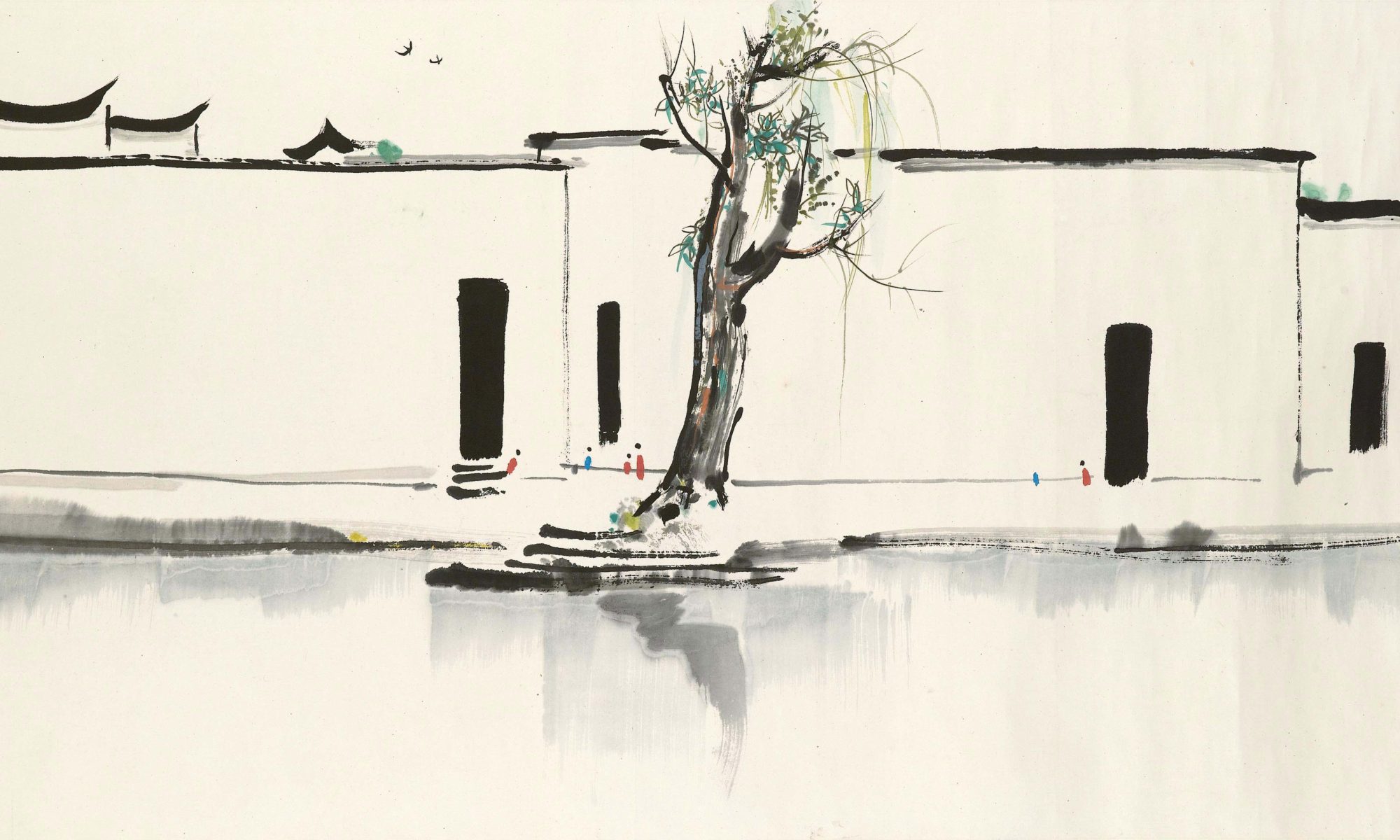
To describe Afghanistan as a country in a persistent “cycle of misery” is not exaggerated. The country is invaded continuously throughout history. Genghis Khan and his Mongol army invaded the country in 1219AD. The Persian Empire in the West and the Sikh Empire in the East posted an enormous threat to the country during the early 19th century. The British and its allied force continuously inflicted war to the Afghani from 1838 to the early twentieth century. The Russian started a full-scale invasion from 1978 to 1992. Then came the United States and the Northern Alliance until today.
The “cycle of misery” of Afghanistan resonates through the many plots in And The Mountain Echoed. The effect is especially apparent in the last scene between the grown-up Pari and her elder brother Abdullah. Pari and Abdullah are separated in 1954 due to poverty. Sadoor, the father, has to leave Pari, a four-year-old, to the wealthy Wahdati family. Eventually, Pari settles in Paris with her stepmother Nila. Pari is only four years old when all this happens. Her memory of her biological family, including her brother, fades away. However, for Abdullah, the separation from his baby sister mounts onto his mind and pains his whole life. Even though the eventual reunion of the siblings gives joy to readers, the dementia of Abdullah prevents him to embrace the occasion which he has waited for his whole life. At first, I think it is too cruel for Abdullah. But if one takes a little time to ponder on this plot, one would realize there is something genius about it. Unlike Pari who lives a pretty much normal life, Abdullah has been suffering for the traumatic separation from her baby sister. His diagnosis of dementia in August 2007, in a way, is a relief from those painful memories. But the pain does not just evaporate from the world. It becomes a cycle, just like the troubled history of Afghanistan. Even though Pari has no idea of her background of having a father and a brother in Shadbagh, she always feels a hole opening up in her…all her life…a great absence. Pari suffers from rheumatoid arthritis. It could be explained by her old age, but there is a deeper meaning. Rheumatoid arthritis is an autoimmune disease in which the body’s immune system – which normally protects its health by attacking foreign substances like bacteria and viruses – mistakenly attacks the joints. In other words, those who meant to protect you caused you pain. Hosseini is a doctor himself, and I do not have any doubt that he purposefully uses this disease on Pari to signify the transfer of pain from Abdullah to Pari. It is Pari who realizes that the meaning of the feather in the box that keeps by Abdullah for the whole life to Pari, is that it hurts him much more than Pari. Pari has the luxury of being a baby when the separation happens to protect her from the otherwise traumatic memory. But Abdullah has not. He remembers all his life. But the situation reverses when Abdullah forgets and lives in peace while Pari recalls and now lives in constant pain. The cycle of misery continues, just like the country of Afghanistan.

